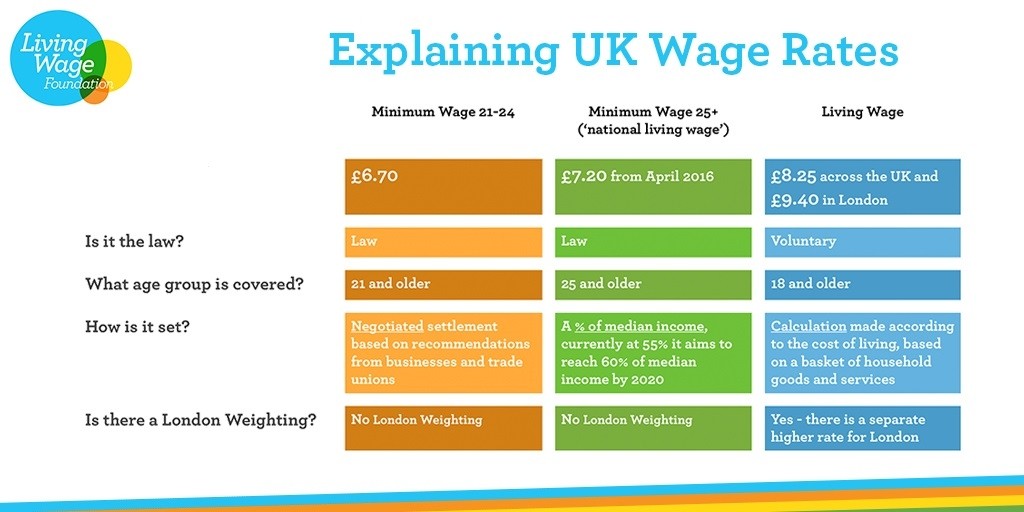Paying staff the living wage looks on the face of it to bring a whole raft of benefits to employers –
- Enhanced quality of the work by staff
- A fall in absenteeism of circa 25%
- Two-thirds of employers reported a significant impact on staff recruitment and retention
- 70% of employers felt their ethical credentials had been enhanced.
A vast majority of Store Managers are well versed in how to get ‘the biggest bang for their buck’ where wage budgets are concerned, but how does this get funded in an uncertain economic landscape that remains both fragile and volatile in terms of growth where in addition some sectors are also being squeezed by the effects of price deflation. What happens when wage costs increase but sales stay the same?
With most retail businesses having a clear staffing minimum, coming in-line with wage costs in light of the living wage is going to be pretty challenging unless something else changes.
In the days before work/life balance it would more than likely mean someone (read that as the Store Manager and their Deputy!) was going to have to make up the shortfall via a dollop of goodwill, rolled up sleeves and longer days in the saddle, however, in reality, this isn’t going to be sustainable in the long run – inevitably, somewhere along the way availability, compliance, morale, service and sales are all going to suffer. The recent introduction of the living wage has forced many retailers to look carefully at how far their money goes and I have three ‘practical’ ways to improve both productivity and profitability you might want to consider:-
1: Ensure your store has the right number of staff – many retailers have staff in the wrong stores, wrong departments, at the wrong time of day. By using Metro’s Workforce Management and Time & Attendance modules, getting the right people, in the right places, at the right time is as simple as pressing a button. With toolsets designed ‘by retailers, for retailers’ to deliver bottom-up labour scheduling based on Cost to Sale, Sales Forecasting, Role Mapping, Skills and other Productivity factors, Labour matched fully costed work schedules can be quickly and easily published to colleagues.
2: Ensure store tasks are carried out consistently – addressing the variance between best and poor performers is key to delivering a consistent shopping experience that ensures customers spend their money with you. Communicating and measuring task compliance is what Metro’s Unified Comms and Process lines do best. From Daily store checks, audits and Product Recalls through to News items, updated policy information or training videos, everything that needs to be read, watched or completed can be explained, shown and tracked via its simple and intuitive portal – accessible from any PC or mobile device within the store environment there is no longer the need to sit in an office, fill in and file reams of paper – with comprehensive tracking and compliance reporting, achieving a consistent version of what ‘good looks like’ is made much easier.
3: Ensure store staff are doing the right things – anywhere up to 10% of store hours are wasted doing non-productive tasks and activities. For example, store management commonly spend up to 60% of their time checking or completing sales assistant’s tasks (source: Kurt Salmon) – be it ‘checkers checking checkers’ or simply the wrong people, with the wrong skills, working at the wrong times – the administrative burden of managing inefficiency is extremely costly. I was once told a really good Manager can be measured in two ways – i) how the business runs when he isn’t there and ii) how many people he has developed through the business. The Learning Management module provides managers with an end-to-end learning and accreditation solution that enables store teams to develop their skills so they can do more in and around the store – not only does this allow retailers to mix up the working day for team members but in turn improve morale and job satisfaction.
All three of the above suggestions carry directly through to how your staff serve their customers – if a store team is multi-skilled, well-motivated and happy then they will perform better and be more productive. To discuss this and other ways Metro can help your business improve sales, productivity and profitability drop us a line
Recent Comments